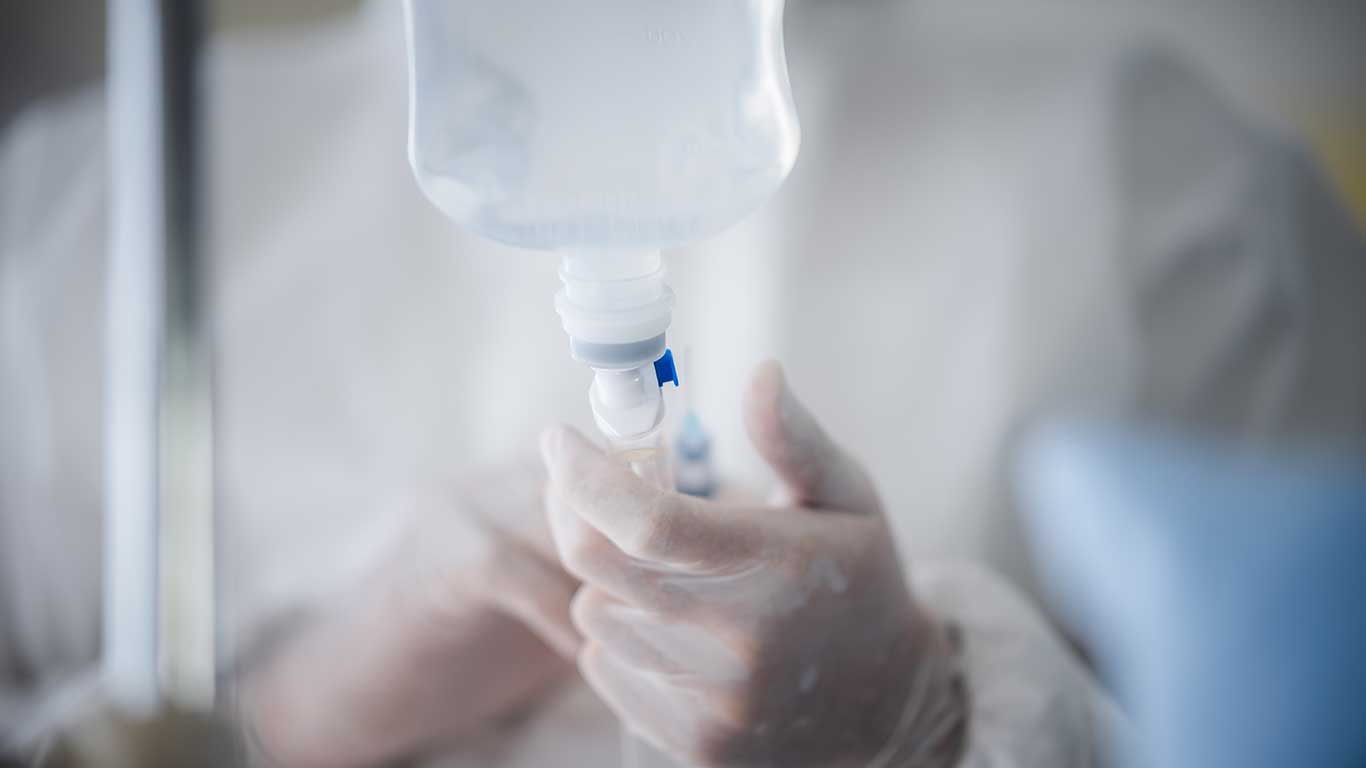The European Union has recommended new treatment options for patients with primary advanced or recurrent endometrial cancer and metastatic urothelial carcinoma. Durvalumab and Olaparib have been endorsed for endometrial cancer based on positive trial results, while Erdafitinib has been recommended for urothelial carcinoma, marking significant advancements in personalized cancer therapies.

© ckstockphoto | envato.com
CHMP Recommends Durvalumab + Olaparib for Advanced Endometrial Cancer Based on DUO-E Phase III Trial
Durvalumab and Olaparib have been recommended for approval in the European Union (EU) as treatment options for specific patients with primary advanced or recurrent endometrial cancer. The European Medicines Agency’s (EMA) Committee for Medicinal Products for Human Use (CHMP) has endorsed durvalumab plus chemotherapy as a first-line treatment, followed by olaparib and durvalumab for patients with mismatch repair proficient (pMMR) disease. For those with mismatch repair deficient (dMMR) disease, durvalumab plus chemotherapy followed by durvalumab alone has been recommended.
This positive recommendation by the CHMP is based on data from the DUO-E Phase III trial. The trial’s exploratory subgroup analysis by mismatch repair (MMR) status highlighted a significant reduction in the risk of disease progression or death. Specifically, for pMMR patients, the combination of olaparib and durvalumab reduced the risk by 43% compared to the control arm. For dMMR patients, Imfinzi alone showed a 58% reduction in risk versus the control arm.
Commonly reported adverse events (AEs) during the study included anemia, nausea, fatigue or asthenia, and alopecia. These AEs were predominantly low grade during the maintenance phase.
CHMP Recommends Erdafitinib for Advanced Urothelial Carcinoma After Positive Phase 3 Study Results
In parallel, the CHMP has also recommended marketing authorisation for erdafitinib. This once-daily oral monotherapy is intended for adult patients with unresectable or metastatic urothelial carcinoma (UC) harboring susceptible FGFR3 genetic alterations, who have previously undergone at least one line of therapy including a PD-1 or PD-L1 inhibitor.
The positive CHMP opinion is based on data from Cohort 1 of the Phase 3 THOR study, which compared erdafitinib to chemotherapy in patients with advanced or metastatic UC with specific FGFR alterations. These patients had progressed after one or two prior treatments, including an anti-PD-(L)1 agent. In June 2023, following an interim analysis, the THOR study was stopped early for efficacy, and all patients on chemotherapy were offered erdafitinib. Results showed a median overall survival (OS) of 12.1 months for erdafitinib compared to 7.8 months for chemotherapy. Erdafitinib also improved median progression-free survival (PFS) to 5.6 months versus 2.7 months for chemotherapy and had a higher overall response rate (ORR) of 35.3% compared to 8.5% for chemotherapy.
Serious treatment-related adverse events (TRAEs) were observed in 13.3% of patients treated with erdafitinib, compared to 24.1% for those on chemotherapy. Grade 3 or higher AEs were reported in 45.9% of patients on erdafitinib versus 46.4% on chemotherapy. Additionally, 8.1% of patients on erdafitinib experienced TRAEs leading to therapy discontinuation, compared to 13.4% on chemotherapy. TRAEs leading to death were reported in one patient on erdafitinib and six patients on chemotherapy.
These developments underscore the advancements in personalized cancer treatment, offering new hope and options for patients battling endometrial and urothelial cancers.
References:
- https://www.astrazeneca.com/media-centre/press-releases/2024/lynparza-and-imfinzi-positive-chmp-in-endometrial.html#
- https://ascopubs.org/doi/full/10.1200/JCO.23.02132
- https://www.janssen.com/chmp-adopts-positive-opinion-balversar-erdafitinib-treatment-adult-patients-unresectable-or
- https://ascopubs.org/doi/10.1200/JCO.2023.41.17_suppl.LBA4619







